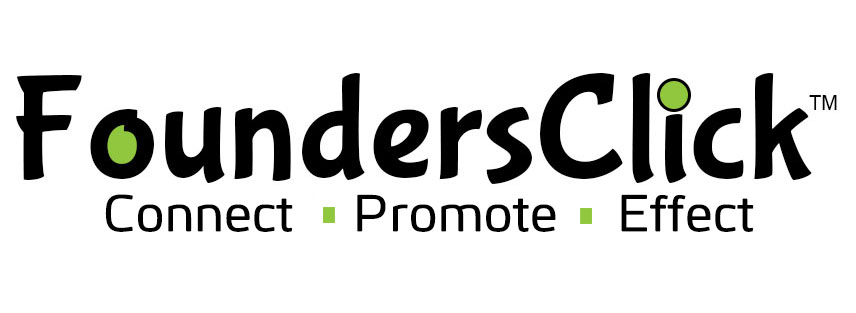“Jobs are like going to church: it’s nice once or twice a year to sing along and eat something and all that, but unless you really believe there’s something holy going on, it gets to be a drag going in every single week.” -Thomas Michael Disch, science fiction author and poet (1940-2008)
After many years of struggling to find the right mentor Sally found a great one in Richard, who was a well-known player in the IoT space at a global IoT conference she attended. Through serendipity she found out that Richard worked for the same conglomerate as Sally did and they ran into each other at their company’s booth during one of the Happy-hour events their company was hosting during that conference.
Sally was a middle-level manager in one of the operating units and Richard, a VP of technology in the corporate CTO office. They hit it off during the conference after the preliminaries and Sally was pleased to learn that Richard took personal interest in her career and growth by asking how she was planning to move ahead in her role as a Product Manager at her BU in the systems side of the business that was increasingly focused on the IoT space. During their time together Richard was generous in giving Sally the time she needed to understand the corporate and BU landscape and how what Richard was working on through the HQ’s CTO office influenced Sally’s product roadmap, both short-term and long. Armed with this new insight and a great mentor connection Sally was poised to move rapidly within the ranks at her BU; at least, so she thought!
During the ensuing three years Sally and Richard stayed in touch and Richard guided Sally in making the right choices when it came to her development plans and making the right choices for Sally to open new doors of opportunity both at her BU and, occasionally at the corporate events. Personally, Sally blossomed through these interactions with Richard and felt sure that her contributions, momentum, and connection with Richard—the local BU head knew that relationship—would put her on a fast track for her next promotion and beyond.
Yet, despite this Sally was unable to move past her middle management pay grade and get qualified for a director role at her BU, even after being a superior performer and a visible contributor during the three years that she had sought Richard’s mentorship.
What she realized during the ensuing years was that she was missing out on getting “sponsored” locally for stints that were important to the BU’s GM and the local brass. Those who got “sponsored” by the local honchos often got the plum assignments and, when they succeeded in what they were assigned in these plum assignments, their stock suddenly went up, putting them on a Hi-Po (High Potential) track. Sally, somehow, did not get such openings nor did she find a sponsor in the executive circles that would back her.
So, despite a great mentor what did Sally not do to leverage that resource into a career track that played in her favor? Here is my prescription:
1. A mentor acts more as a catalyst in your personal and professional growth. But, as the role suggests, a catalyst never participates in a chemical reaction. It merely helps that reaction to become real. Knowing this role for a mentor is critical in how you leverage that resource to advance your growth.
2. To complement a good mentor—a catalyst—you also need a “local agent” who participates in key chemical reactions and takes charge of “sponsoring” you in activities that matter to the local executives. So, to translate the guidance from a mentor into a career growth plan you must find yourself a local sponsor at a high enough level in the ranks that can make things happen.
3. Developing a sponsor requires cultivating relationships with influential leaders local to your geography. In our case what Sally failed to do was to ask Richard whom he knew at her BU that would be a good sponsor for her and leverage Richard’s help in building that relationship. Richard was personally vested in Sally’s growth, but he failed to translate his advice for her personal and professional growth into a career plan that helped Sally advance in her station.
4. Making your intentions clear to both your mentor and to your sponsor is critical in your interactions with them. Here, Sally did not understand that if she did not make her intentions clear of career advancement to Richard and how he could help her through local channels, that mentorship with Richard was providing her only limited benefit; this was not Richard’s fault.
5. In our use case with Sally, she failed to keep herself visible in the local high circles through proactive moves and making her intentions clear of what her next career aspiration was. She merely expressed that to her boss during her Annual Performance Review (APR) discussion, but her boss took that to mean nothing more than a pro forma conversation that he had with all his direct reports.
So, if you found yourself a great mentor, count your blessings! Now go ahead and work on building relationships with your local brass to find yourself a worthy sponsor who can make things happen for you!
Good luck!

 SkillClick
SkillClick
